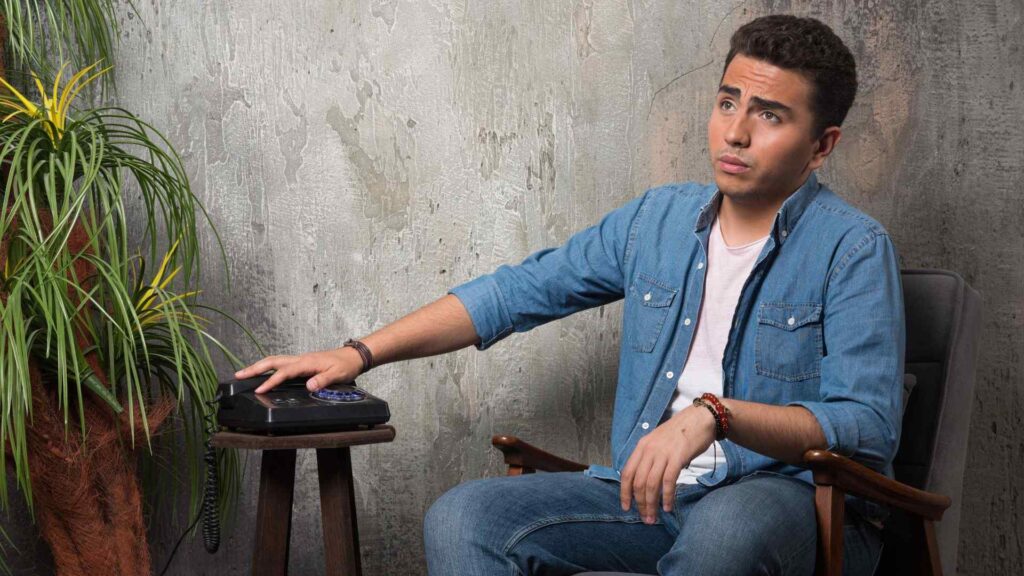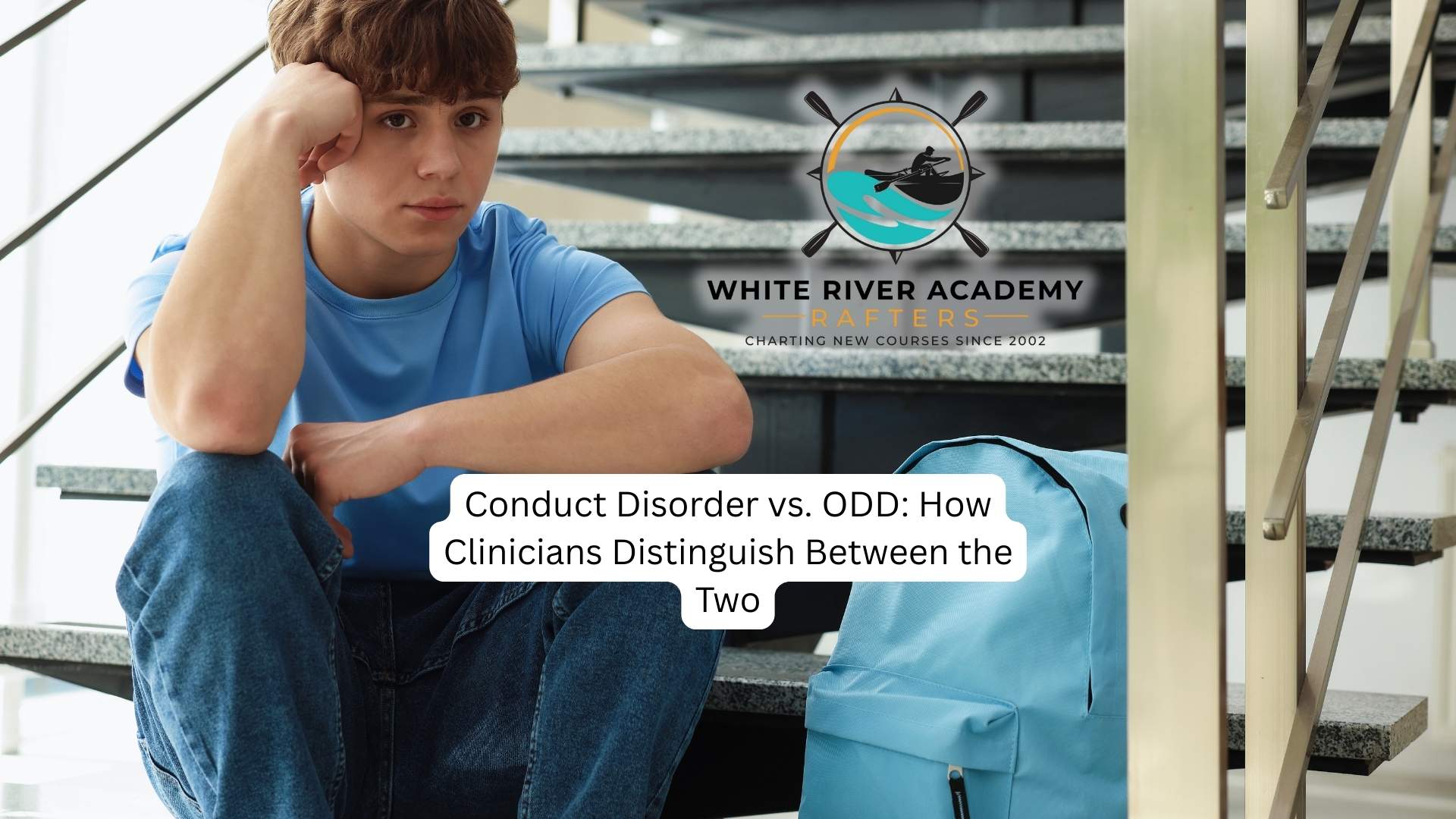For many young men struggling with challenges like anger management, substance abuse, depression, or antisocial behaviors, conventional therapy may not be effective. However, Cognitive Behavioral Therapy (CBT) offers a structured, goal-oriented approach that aligns with the practical mindset of many young men.
As we explore the inner workings of CBT and its applications for young men, we’ll discover how this therapeutic approach is not only transforming lives but also reshaping futures, providing a pathway to resilience, self-awareness, and enduring positive change.
Cognitive Restructuring Techniques
In cognitive behavioral therapy, you’ll learn to identify distorted thinking that contributes to anxiety, depression, and aggressive behaviors. By challenging these thoughts, you can reframe them in a more positive light.
Cognitive restructuring empowers you to evaluate the accuracy of your beliefs and replace harmful thoughts with balanced, rational alternatives.
Through effective cognitive restructuring, you’ll experience significant improvements in emotional regulation and decision-making. You’ll enhance your self-awareness and critical thinking skills, which will aid in reducing impulsive behaviors.
As you develop a proactive approach to conflict resolution, you’ll navigate challenges more effectively.
For troubled young men and their families seeking professional guidance, White River Academy’s program offers a concrete plan for productive change.
Behavioral Activation Strategies
Behavioral activation strategies encourage you to engage in meaningful activities that counteract feelings of depression and improve your mental health by increasing exposure to positive reinforcements.
Behavioral activation involves identifying and scheduling enjoyable or fulfilling activities to help you break the cycle of avoidance often associated with negative emotional states. By monitoring your engagement in these activities and reflecting on your emotional responses, you reinforce the connection between action and improved mood.
By actively participating in rewarding experiences, young men can cultivate a sense of accomplishment, boost self-esteem, and foster resilience in the face of life’s challenges.
Developing Coping Skills
Through structured sessions, young men engage in skills training that enhances their ability to manage emotions and make rational decisions.
Cognitive behavioral therapy emphasizes the development of coping skills by teaching you to recognize and reframe negative thought patterns contributing to maladaptive behaviors. You’ll learn practical strategies for emotional regulation, allowing you to respond to stressors in a healthier manner.
CBT interventions often include homework assignments that reinforce these coping mechanisms, empowering you to practice newly learned skills in real-life situations. By developing self-control and improving decision-making, you’ll significantly reduce impulsive behaviors and criminal activities.
You can learn more about how residential boarding schools aid personal development for young men by clicking here.

Building Social Skills
Cognitive restructuring helps young men identify and challenge negative thoughts that may hinder their social confidence, such as fears of rejection or beliefs about their own inadequacy.
CBT also incorporates practical skill-building exercises, including role-playing and guided practice, which allow young men to rehearse new social behaviors in a safe environment. These exercises might focus on conversation skills, assertiveness, or conflict resolution.
On top of that, CBT helps young men develop better emotional regulation, enabling them to manage anxiety or anger that might otherwise impede social interactions. The therapy often includes exposure techniques, gradually introducing young men to challenging social situations to build confidence and reduce avoidance behaviors.
Another therapeutic approach which has proven to be highly effective in helping troubled youth resolve mental health issues and find their true purpose is DBT (Dialectical Behavioral Therapy).
Promoting Positive Decision-Making
By slowing down thought processes, CBT reduces impulsive behaviors and enhances self-control, enabling troubled young men to make more rational choices. Through techniques like cognitive restructuring, they learn to recognize and challenge negative thought patterns that contribute to poor decision-making.
Developing emotional regulation is a key aspect of CBT that directly impacts decision-making. As participants gain mastery over their emotions, they’re less likely to engage in rash or criminal behaviors. Instead, they’re able to approach situations with a clear mind and make choices that align with their long-term goals.
As a plus, the skills learned through CBT contribute to lasting changes in behavior, with participants exhibiting continued positive decision-making even years after the intervention.
Final thoughts from White River Academy
The path to healing and personal development is seldom simple, but with the proper support and resources, it is entirely achievable. Our residential program provides a holistic approach to treatment, with Cognitive Behavioral Therapy (CBT) as a foundation of our therapeutic model. By addressing the root causes of problematic behaviors and teaching essential life skills, White River Academy empowers students to make positive choices and build a foundation for a successful future.




